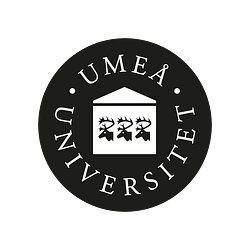
Press release -
Umeå University student enrolment hits new all-time high
A total 19,471 students are currently registered at Umeå University, according to figures from mid-September. This is an increase of 270 students in comparison with the same period last year. The figures indicate a record number of students by the end of 2011.
"It is very pleasing that so many have chosen to study at our university. It is a tribute to the quality of ourcourses and programmes, and to Umeå as a student city,” says Anders Fällström, Deputy Vice-Chancellor for Education at Umeå University.
Over 37,000 by year’s end
It is projected that the total number of students at the end of 2011 will break the 37,000 mark, which would be a new record for Umeå University. At the end of 2010 the university had 36,712 registered students.
"The projected figures very reliable,” says Lars Lustig, University Director. "I even believe that it may be slightly higher."
In contrast, the number of full-time students, about 15,000, has more or less remained at last year's level.
"This is how the trend has been like in recent years, which is closely linked to the expansion of web-based and distance education," says Lars Lustig.
The number of full-time students is important because the government provides financial support to universities based on the number of registered students and completed credits. Under the Swedish system of higher education, one academic year of full-time studies is equivalent to 60 higher education credits (60 ECTS).
Contact persons:
Anders Fällström
Deputy Vice-Chancellor for Education, Umeå University
E-mail: anders.fallstrom@adm.umu.se
Mobile: +46 (0)70-493 85 27
Lars Lustig, University Director
E-mail: lars.lustig@adm.umu.se
Tel: + 46 (09)0-786 97 97
Mobile: + 46 (0)73-620 50 01
